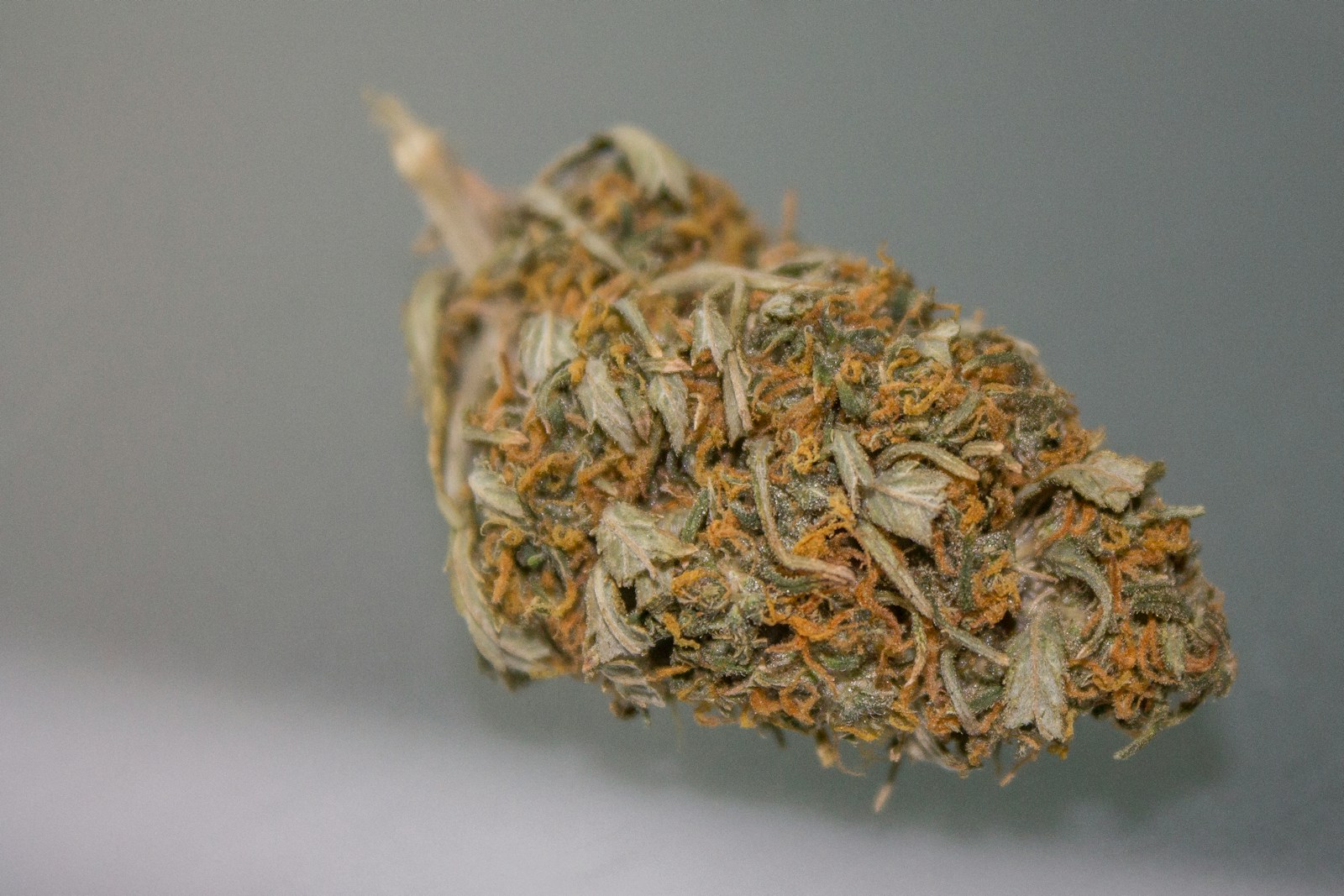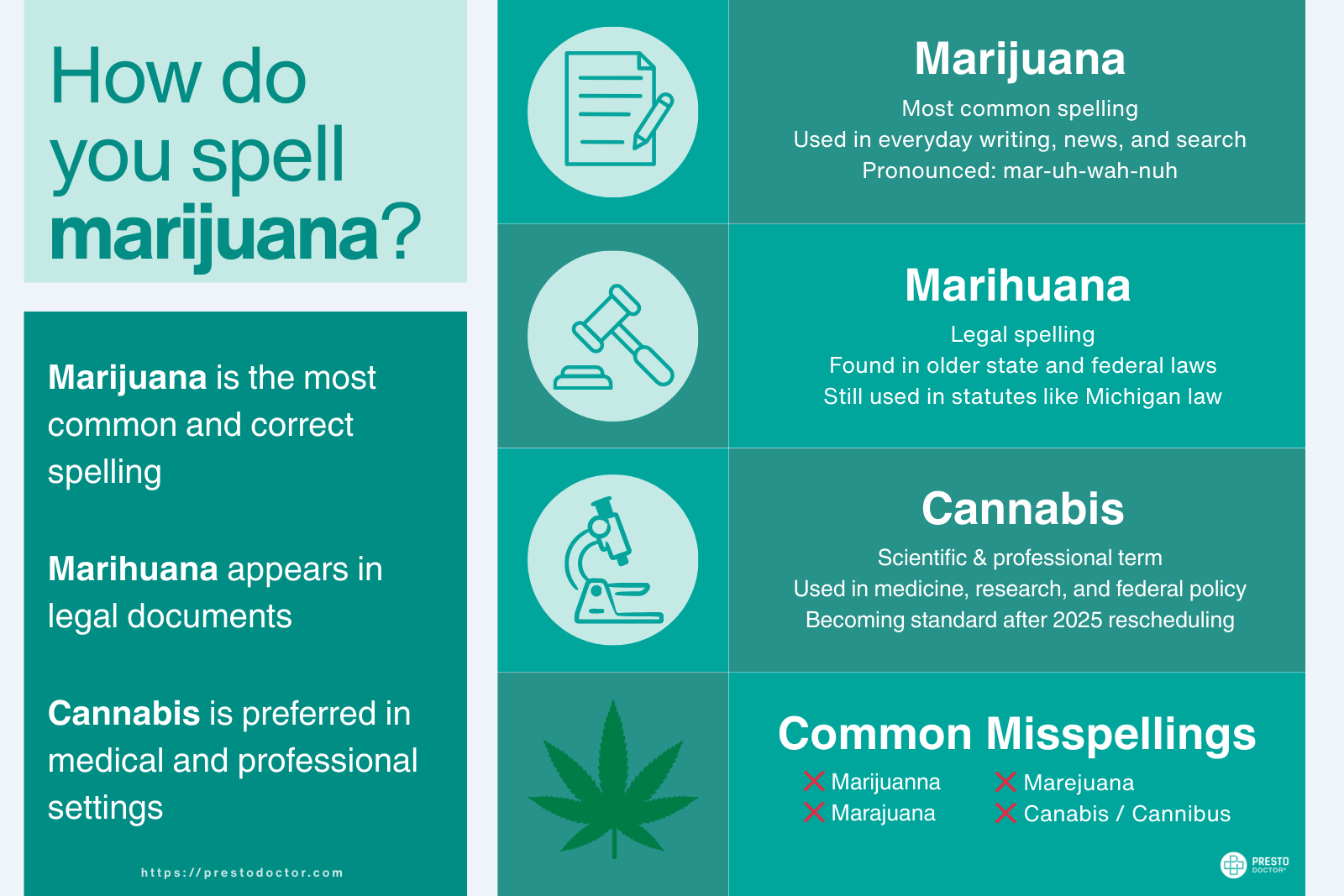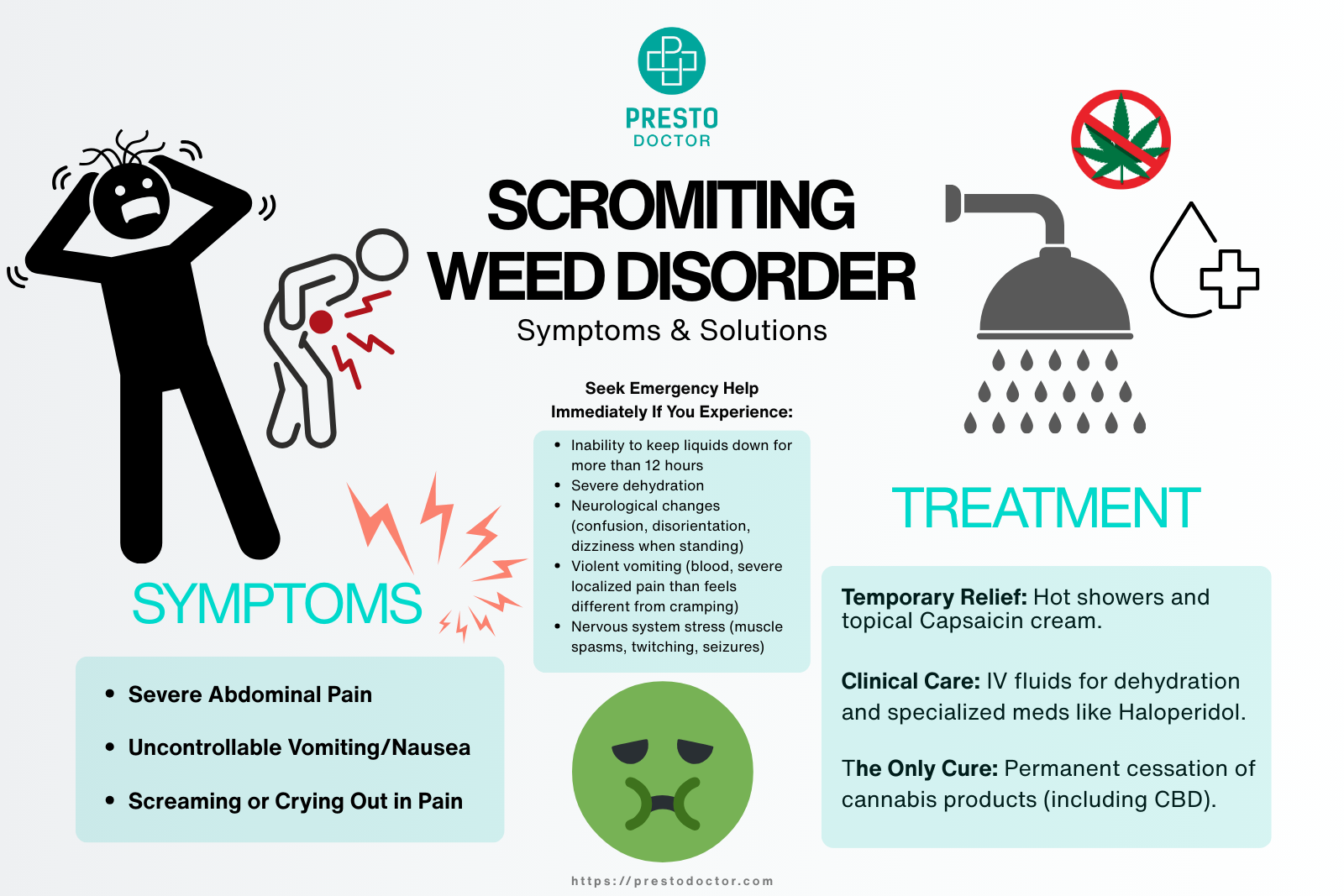
Liver cirrhosis is a serious and progressive condition characterized by irreversible scarring of the liver, which can impede its critical functions, such as metabolizing nutrients, detoxifying the body, and producing essential proteins. Cirrhosis often develops over years and can be caused by various factors, including chronic alcohol use, viral hepatitis, and metabolic issues like obesity. The cumulative effects of liver damage can lead to significant health complications, making liver health a growing concern in today’s world. Many people who avoid alcohol due to liver concerns may wonder: “What are the effects of cannabis on an already damaged liver?” This article aims to give a comprehensive view of using cannabis and having liver cirrhosis.
Cannabis Use and it’s Influence on Liver Cirrhosis
In recent years, cannabis use has become more widespread, spurring debate over its potential health effects, particularly concerning liver health. While some research suggests that cannabis may offer anti-inflammatory and protective effects on the liver, other studies indicate possible risks. These risks are particularly regarding liver disease progression and cirrhosis. Understanding the relationship between cannabis use and liver cirrhosis is essential for both healthcare professionals and the general public. This knowledge can aid in making informed decisions regarding the use of cannabis for medical or recreational purposes.
A crucial aspect of understanding the link between cannabis use and liver cirrhosis is the complex composition of cannabis itself. Cannabis contains various compounds, including cannabinoids such as tetrahydrocannabinol (THC) and cannabidiol (CBD). The specific ways in which these compounds interact with the liver and influence liver function are complex. This complexity creates challenges in determining the exact impact of cannabis use on liver health.
Furthermore, factors such as individual genetics, lifestyle, and existing health conditions can further complicate the relationship between cannabis use and liver cirrhosis. For example, alcohol consumption, obesity, and genetics play substantial roles in liver disease progression, and their combined effects with cannabis use remain under study. In light of these complexities, additional research is imperative to fully elucidate the link between cannabis use and liver health.
Key Takeaways
- Cannabis use may impact liver cirrhosis risk, though the exact relationship remains under investigation.
- The effects of cannabis on liver health are complex and involve a range of biological mechanisms, but research points to both protective and harmful impacts.
- Further studies are necessary to explore the relationship between cannabis use and liver cirrhosis, particularly to understand the mechanisms involved.
- Cannabis may influence liver health in various ways, potentially playing a role in liver cirrhosis, but the extent of its impact is still under study.
- Managing liver cirrhosis in cannabis users may require specific approaches to address the potential impact of cannabis on the progression of the disease.
Understanding Liver Cirrhosis and Its Causes
What is Liver Cirrhosis?
Liver cirrhosis is a progressive condition marked by severe scarring (fibrosis) of the liver. As liver cells are damaged, scar tissue gradually replaces healthy tissue, impairing liver function. Cirrhosis is often the result of long-term liver damage from various causes, including viral hepatitis, alcohol use, and certain genetic conditions.
Common Causes and Risk Factors of Liver Cirrhosis
Common causes of liver cirrhosis include chronic hepatitis B and C infections, excessive alcohol consumption, and non-alcoholic fatty liver disease (NAFLD). Additional factors, such as genetic predisposition, poor diet, and environmental toxins, can also contribute to liver damage over time.
Symptoms and Progression of Liver Cirrhosis
Symptoms of liver cirrhosis can vary depending on the stage of the disease. In the early stages, symptoms may be mild and often go unnoticed. As cirrhosis progresses, individuals may experience more pronounced symptoms. Symptoms may arise such as fatigue, easy bruising, loss of appetite, nausea, swelling in the legs, and jaundice (yellowing of the skin and eyes). In advanced cases, complications such as liver failure, internal bleeding, and kidney problems can develop. These often require medical intervention.
The Effects of Cannabis on Liver Health
How Cannabis Interacts with Liver Cells
Cannabis interacts with the body’s endocannabinoid system (ECS), which plays a role in various physiological processes, including liver function. Cannabinoids, like THC and CBD, bind to receptors in the liver and other organs, which can affect cell processes, inflammation, and metabolism. The effects of these interactions can vary based on factors such as dosage, duration of use, and individual health conditions.
The Endocannabinoid System and Liver Function
The ECS consists of receptors, endocannabinoids (naturally occurring compounds in the body), and enzymes that influence liver function, including fat metabolism and inflammation control. Cannabis-derived cannabinoids interact with these receptors in complex ways. They sometimes promote anti-inflammatory responses, but in other cases they can potentially disrupt liver cell function.
H3: Can Cannabis Lead to Liver Damage?
While cannabis’s impact on liver health is still under investigation, some research suggests that prolonged and heavy cannabis use may increase the risk of liver fibrosis, a precursor to cirrhosis. A study in Clinical Gastroenterology and Hepatology found that chronic cannabis use was linked to elevated levels of liver enzymes. These enzymes may indicate liver stress or damage. Further research is essential to clarify these findings and their implications for liver disease progression.
Potential Benefits of Cannabis for Liver Health
Anti-Inflammatory and Anti-Fibrotic Properties of Cannabinoids
Certain cannabinoids, particularly CBD, have shown promising anti-inflammatory and anti-fibrotic properties in preliminary studies. For example, a study in the journal Cell Death & Disease noted that CBD reduced liver inflammation and fibrosis in a mouse model of liver disease. This suggests that, under certain conditions, CBD might offer protective effects on liver health by decreasing inflammation and fibrotic tissue development.
Research Findings on CBD and Liver Health
Research on CBD’s effects on liver health has highlighted its potential to reduce fat accumulation and inflammation. Fat accumulation and inflammation are two key contributors to liver disease. In cases of NAFLD, a precursor to cirrhosis, CBD was shown to limit the progression of the disease by modulating lipid metabolism and reducing liver stress markers. However, human studies are limited. More research is necessary to confirm these effects.
Can Cannabis Use Reduce Liver Disease Symptoms?
Some studies suggest that cannabis may help alleviate symptoms related to liver disease, such as nausea, pain, and inflammation. For patients with advanced liver disease, managing these symptoms can improve quality of life. Additionally, cannabinoids might reduce oxidative stress and support liver cell repair. However, these effects require more research in human subjects.
Risks Associated with Cannabis Use for Liver Health
THC and Liver Enzymes: What to Know
THC, the primary psychoactive component of cannabis, is processed by liver enzymes that are crucial for metabolizing various medications and toxins. Research has shown that THC can temporarily elevate liver enzymes. Liver enzymes may signal liver strain in certain individuals. People with pre-existing liver conditions might be at heightened risk of adverse effects from THC.
The Role of Cannabinoid Toxicity in Liver Disease
Cannabis toxicity is generally low in comparison to other substances. However, high doses or prolonged use of cannabinoids may lead to cannabinoid toxicity, particularly in the liver. In one study, patients with underlying liver issues experienced worsening liver function with consistent cannabis use. This is potentially due to the added strain on liver detoxification processes.
Studies Showing Increased Risk of Liver Fibrosis
Several studies have indicated that heavy cannabis use might be linked to an increased risk of liver fibrosis in certain populations, especially those with underlying liver conditions. A study in the journal Hepatology found that cannabis use was associated with higher levels of liver fibrosis among patients with hepatitis C. This suggests that cannabis may not be suitable for all liver disease patients – medical guidance is essential.
Comparing THC and CBD Effects on Liver Function
How THC Affects Liver Enzymes
THC interacts with key liver enzymes, particularly those involved in metabolizing medications and toxins. This interaction can cause a temporary elevation in liver enzyme levels, which might indicate liver stress, especially in individuals with existing liver disease. Research indicates that high doses of THC may impair the liver’s ability to process toxins effectively. Thus, potentially placing added strain on liver function.
Is CBD Safer for Liver Disease Patients?
CBD, a non-psychoactive component of cannabis, is often seen as a safer option for liver health than THC. This is primarily because it doesn’t interact with the liver’s enzyme system as strongly as THC. Preliminary studies suggest that CBD’s anti-inflammatory effects may even benefit the liver by reducing oxidative stress and fibrosis. However, the safety of long-term CBD use in liver disease patients is still under review.
Understanding Dosage and Consumption Methods
Dosage and consumption methods, such as vaping, edibles, or oils, can significantly affect cannabis’s impact on liver health. Higher doses or frequent consumption can increase the strain on liver function. Low doses or methods like topical applications may pose less risk. Patients with liver conditions should work closely with healthcare professionals to find appropriate dosages and methods that minimize liver strain.
Exploring the Link Between Cannabis Use and Liver Cirrhosis
Cannabis and Hepatotoxicity: How Strong is the Evidence?
Hepatotoxicity refers to liver damage caused by exposure to toxins, which can occur due to various substances, including drugs and alcohol. While cannabis itself is not strongly hepatotoxic, heavy and prolonged use has been associated with an increased risk of liver fibrosis, especially in patients with existing liver conditions. Some studies have linked THC exposure to mild liver inflammation, although findings remain inconsistent across patient populations and dosage levels.
Research Insights: Cannabis Use in Liver Cirrhosis Patients
In examining the effects of cannabis on liver cirrhosis, several studies suggest that cannabinoids might exacerbate cirrhosis in patients with hepatitis or pre-existing liver fibrosis. Conversely, some research hints at potential protective effects when cannabinoids are used at lower doses. This suggests that cannabis’s impact may depend on a careful balance of dosage, individual health status, and other lifestyle factors.
Genetic and Lifestyle Factors that Impact Cannabis’s Effects on the Liver
Interestingly, genetic factors like metabolism and immune response, as well as lifestyle choices (e.g., alcohol consumption, diet, exercise), play a significant role in how cannabis affects liver health. By exploring these interrelated factors, researchers can better understand which patients might be at higher risk when using cannabis.
Addressing Common Misconceptions about Cannabis and Liver Cirrhosis
Not All Forms of Cannabis Pose the Same Risks
One common misconception is that all forms of cannabis are equally harmful to the liver, regardless of their composition or method of consumption. In reality, different strains and consumption methods can have varying effects on the body.
Misunderstandings about CBD Safety for Liver Health
Another misconception is that CBD is entirely risk-free for liver health. While CBD does show anti-inflammatory benefits, some studies suggest that high doses of CBD might still lead to mild elevations in liver enzymes.
Cannabis Dosage and Individual Risk Factors
People often assume that everyone who uses cannabis is at equal risk for developing liver cirrhosis. In reality, factors like genetics, overall lifestyle, and existing health conditions greatly influence an individual’s liver disease risk.
Conclusion
In conclusion, understanding the link between cannabis use and liver cirrhosis is crucial for individuals with liver conditions, healthcare providers, and the broader public. Patients with liver health concerns or considering cannabis for medical reasons should seek medical guidance to make informed, safe choices.
FAQs
- Can cannabis use lead to liver damage? Research is ongoing, but some studies suggest that heavy cannabis use may contribute to liver fibrosis in individuals with pre-existing liver conditions.
- Is CBD safe for people with liver disease? CBD may offer anti-inflammatory benefits, though high doses can affect liver enzymes. Consulting a healthcare provider is essential.
- Does THC have a greater impact on liver enzymes than CBD? Yes, THC tends to interact more strongly with liver enzymes, potentially posing greater risks for those with liver disease.
- Are there benefits to using cannabis for liver disease pain management? Certain cannabinoids, particularly CBD, may help alleviate pain and nausea, improving quality of life for some liver disease patients.
- What does the research say about cannabis use and liver fibrosis? While some studies indicate a link between cannabis use and liver fibrosis, others suggest that low doses may have protective effects. More research is necessary for clear guidelines.






